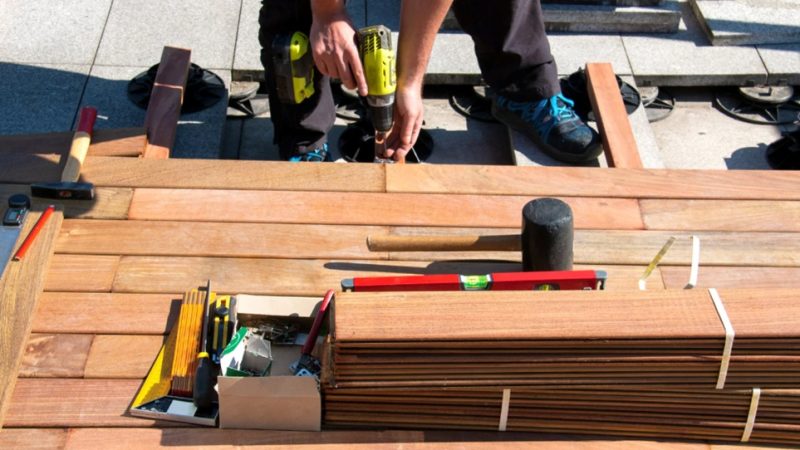Rigid vinyl planks are 100% waterproof and are less expensive per square foot than Flexible vinyl planks. Here’s a breakdown of their pros and cons. Rigid core vinyl is more durable, waterproof, and less expensive per square foot. Rigid vinyl planks have an extra PVC or polyvinyl chloride layer in the core. They’re also more difficult to scratch.
Flexible vinyl planks are easier to replace
Compared to rigid core LVT, Flexible vinyl planks are much easier to replace if necessary. You can simply remove the planks and replace them with new ones. Unlike rigid core LVT, Flexible LVT is much easier to replace than interlocking planks. You can also install them over existing flooring without any difficulty. It is much easier to replace a single plank than a whole floor in most cases.
Flexibility is another advantage of vinyl plank flooring. Since it’s softer than other materials, it is easier to dent, but you should be careful when installing them. Make sure the subfloor is firm and durable. Otherwise, the flooring may crease or dent, causing unsightly peaking. To avoid peaking, you should allow adequate space between the planks to accommodate expansion and contraction.
Engineered vinyl planks are more durable
Why Choose Engineered Vinyl Planks? There are several reasons. First of all, engineered vinyl planks are made of solid cores, which means they will not sag. In addition, they can be installed on plywood or concrete sub-floors. Coretec Plus is a waterproof option with an attached cork backing, so it will not be affected by water on top.
The color and style options offered by engineered luxury vinyl are almost endless. Engineered vinyl can go over nearly any flat surface, including tile and concrete. Compared to glue-down vinyl, engineered vinyl provides more insulation and soundproofing than other flooring options. This is especially important if you plan on using your floor in high-traffic areas. And because Engineered Luxury Vinyl is waterproof, you won’t have to worry about it getting stained or scratched over time.
Compared to traditional hardwood, Engineered Vinyl Planks are more durable. They have a rigid stone-based core and a wood-polymer composite core. These materials are more rigid and less prone to cracks than regular wood, and they also absorb more sound than hardwood floors. You can even buy colours that look just like real wood. They are also highly realistic and come in a wide range of styles.
Engineered vinyl planks are cheaper per square foot
Although there are many differences between rigid vinyl plank and engineered vinyl plank flooring, both types are relatively affordable. The cost per square foot of vinyl plank is about $2.50 compared to $7.50 for rigid vinyl. The cost is also affected by the square footage and pattern of the flooring. The former costs less per square foot than the latter, but it is still comparable to engineered hardwood floors.
If you are planning to install vinyl plank flooring in a large area, you will have to spend less per square foot, but if you have an odd shaped room, you’ll have to pay more per square foot. It’s also a good idea to hire a flooring contractor to remove the existing flooring if you don’t have experience in doing it yourself. However, if you’re handy with tools, you can do it yourself, though you’ll need to have someone else install the new flooring.
Rigid core vinyl is 100% waterproof
The rigid core construction of rigid core vinyl floors makes them 100% waterproof. They are extremely durable and comfortable underfoot. Rigid core vinyl is a step up from standard sheet vinyl and flexible LVT. The rigid core is composed of wood, plastic, or stone composites, which make them extra durable. The wear layer protects the planks from damage. Depending on the style you choose, you can purchase a special underlayment that provides extra cushion and sound absorption.
Rigid Core vinyl floors are waterproof, but they may not protect you from standing water. While the waterproofing barrier may keep your home dry, it won’t protect you from stains caused by pets or children. Most stains can be removed by cleaning immediately. In addition, the warranty does not cover fire damage or intentional abuse. Most warranties cover only a limited number of incidents. Therefore, it’s crucial to check the details of your warranty before signing up for it.









